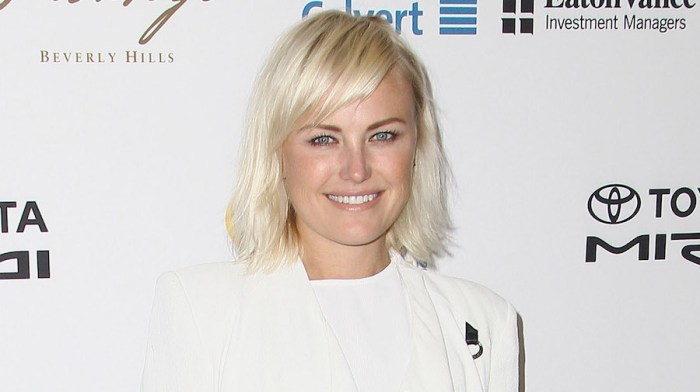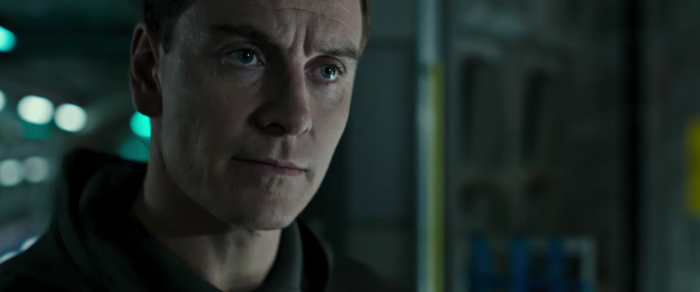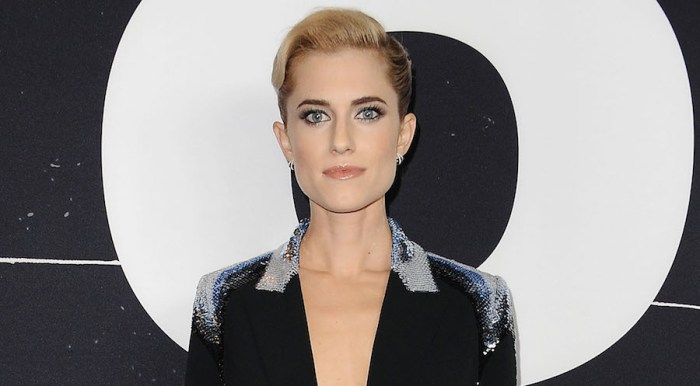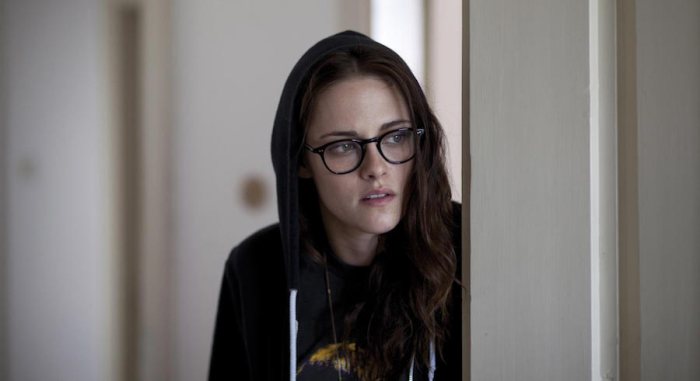Jena Malone has been acting since she was a kid, though even her parts when she was younger — “Bastard Out of Carolina,” “Stepmom,” “Donnie Darko” — tended to be heavy. She’s grown even more serious as an adult. In addition to the diversity of her choices — ranging from “The Hunger Games” sequels and “Batman v Superman” to “Inherent Vice” and the new “Time Out of Mind” — Malone is a photographer and a musician, currently in the band The Shoe. In “Time Out of Mind,” which reunites her with “The Messenger” filmmaker Oren Moverman, she has the small but crucial part of Maggie, the estranged daughter of a man (Richard Gere) who’s currently homeless and wants to reconnect — something, based on a history never explained but viewed in her steely gaze, of which she wants no part. There’s a lot of people-watching in “Time Out of Mind” and the idea of getting to know people one ignores on the street. Is people-watching something you do, especially as an actor?
Sometimes. I don’t even know if it’s something I can control at this point. It’s just fascination — how people interact in situations. Since a young age I was given a gift of wanting to be inside of a story and understand that story. You can’t help but recognize all the stories that are happening around you. Did you take inspiration for Maggie from other people?
No. I just felt like I knew her. I’ve lived in and out of New York for awhile. I just know that space and that search for love and belonging and that thing where your own desires propel you forward so much that you leave other people behind. RELATED: “Time Out of Mind” is a minimalist study of homelessness and Richard Gere This isn’t a large part, but it’s very key. How do you approach making an impression without a ton of screentime?
I don’t really worry about that. I guess if it was just one scene I’d feel I had to shove a lot of things in. But the idea of who she is is throughout the film. She’s forgotten about this man. Her father’s become, as a lot of homeless people become, like a black hole — a black hole you don’t see anymore. They’re no longer human to you. There’s no story, there’s no narrative. Maggie is very hostile towards her father, which is understandable, though sometimes her harshness could arguably go too far. How did you view her anger?
I think I understood her. A lot of people place a lot of blame and judgment on their parents. That’s a really normal, human thing. It’s partly about breaking away at a young age. It’s how you find our own voice. You have to pare down the voices of your parents to find your own, in a weird way. The film only alludes to what went down with Maggie and her father. Are you the type of actor who goes deep on backstory or do you just play the moment?
With this film, Oren wasn’t as worried about that stuff. I came up with my own [backstory]. I thought it’d be more interesting if I had my own ideas of what happened and Richard had his. There was this competing thing of, “What do you remember? I remember this, you remember that.” I think that happens a lot between two people who are upset at each other. [Laughs] Did you steer clear of Richard during shooting? Sometimes actors who have limited screentime together do that.
I only met Richard on set. I met him on film, basically. I knew Oren, so it was very easy to do my prep work independently and come on the set and feel very comfortable creating. Then Richard and I stayed really far apart from each other, even until the last scene. We didn’t really sit down and talk to each other until we were in Toronto [at the Toronto International Film Festival, where it premiered]. Their scenes together seem to benefit from a more intuitive approach. The dialogue is written but what they’re really saying is really embedded in how they say it and in their body language. It’s like hidden meaning. It’s like reading a scene where the characters are talking about something and you know they’re not f—ing talking about that. [Laughs] What you get from it doesn’t have to be on the page. Oren is such a beautiful writer. It can be a simple scene about a woman doing laundry and you get so much more from it. He simplifies everything, complicates everything. The older I get the more I want to work with amazing directors. It’s really fortunate that Oren likes me enough [laughs] to trust me and call me up and say, “Hey, there’s a small but potent part…” A lot of the directors you work with tend to have a strong visual and/or conceptual style.
I work with all sorts of filmmakers; those are just the ones that have stuck. Those are the ones I met and responded to more closely. I just want someone with a vision. It can be more of a written vision, it can be more of a poetic vision, it can be more of a technical vision. I just love working with directors who [laughs] know what they want and are excited about it. RELATED: “The Mend” is a hilarious and misanthropic look at embracing one’s dark side The way this is shot is really interesting for the viewer, as the shots often displace our focus away from the actors. I imagine that’s interesting for the actors too, as you’re not always directing your actions towards the camera lens. How did you fit into Oren’s shooting approach? Quite easily. The environment he creates allows actors to feel as much reality as they want. It’s like a gift. It’s like Disneyland. It’s not like working in green screen or in costumes or working with imaginary robots. It’s like, “Here’s the bar where you work, here’s the Laundromat you do real laundry at.” [Laughs] You just let it be. I don’t want to reduce this to a simple issue film, but it does concern an important topic. Even the best of us often ignores those suffering on the street.
The worst thing you can do to another human being is know nothing about them. For me what [this film] did was it shattered as much as it mended inside my heart the idea of realizing you have to see all people as people, regardless of their actions, regardless of their situations, and regardless of your assumptions about them. You also work in photography and music. How do they connect with your acting?
I kind of get to be the director. I get to create the vision. I get to cull narrative out of a song or plant a narrative into a poem and take a narrative out of a photograph, or subtract a narrative. In a way it feels more like an investigation than a narrative. I’m trying to develop my own style and figure out the limitations and joys of being a storyteller. Follow Matt Prigge on Twitter @mattprigge


















